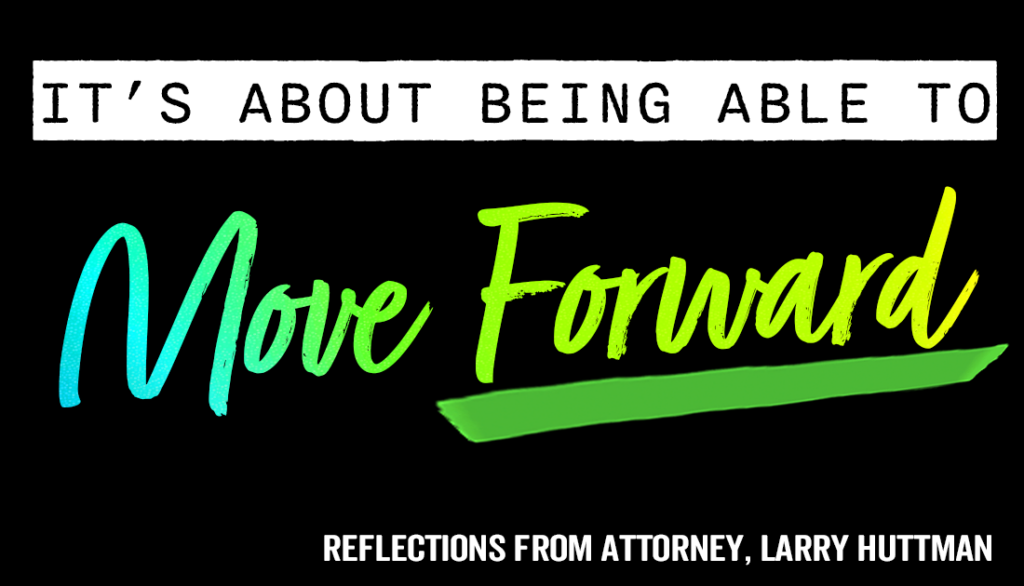VA Compensation for TBI
Traumatic brain injuries are an all-too-common occurrence amongst those who served in Iraq or Afghanistan. There are so many incidences of traumatic brain injury that many consider it to be the signature injury of those conflicts. This means that if a veteran was injured in either Iraq or Afghanistan, the injury was most likely a traumatic brain injury over any other kind of injury.
Home » VA Disability Lawyers » VA Compensation for TBI
Because traumatic brain injuries can cause long-term health complications, veterans who were diagnosed with one should be eligible for disability benefits, especially if those health complications affect your daily life and your ability to work. If your veteran’s disability benefits claim was denied or the rating you were awarded didn’t match the severity of your injuries, you should speak to a veteran’s disability lawyer. A veteran’s disability lawyer is an attorney specializing in helping veterans get through the appeals process. Contact us now for a free consultation.
What Is a Traumatic Brain Injury?
A traumatic brain injury, or TBI, is an injury to the brain that results from a violent blow to the head or a violent jolt to the body. A traumatic brain injury can also be caused if something pierces the brain tissue, such as a bullet. Mild brain injuries can have negative effects as well, but they’re likely to be temporary. Severe brain injuries, on the other hand, can cause physical damage to the brain, including:
- Torn tissue
- Bruising
- Bleeding
These physical injuries to the brain can result in long-term or permanent complications or even sometimes death.
What Is the Difference Between a TBI and a Concussion?
A concussion is actually a type of traumatic brain injury. Typically, a concussion is considered a mild traumatic brain injury. Concussions are considered mild because although they may result in changes to normal brain function for a period of time following the trauma to the head, they’re generally not life-threatening. More serious traumatic brain injuries can carry the risk of death.
What Is the Risk of Traumatic Brain Injury for Military Veterans?
Traumatic brain injuries are often considered to be a “signature injury” of military veterans who served in combat zones, particularly those who served in Afghanistan or Iraq. Since 2000, there have been more than 350,000 diagnoses of traumatic brain injury within the United States military. That’s a rate of 11-23% of deployed members of the military. Combat is dangerous and traumatic brain injuries seem to be one of the most common injuries affecting troops deployed in combat zones.
What Causes Traumatic Brain Injury?
There are a variety of causes of traumatic brain injury. For civilians, the greatest risk typically comes from falls, sports injuries, car accidents, or assault. For members of the military, the greatest risk of experiencing a traumatic brain injury comes from:
- Gunshot wounds
- Proximity to an explosive blast
- Blows to the head from debris or shrapnel
- Falls
- The body colliding with an object
What Are the Symptoms of Traumatic Brain Injury?
Traumatic brain injuries range in severity from mild to serious. The symptoms vary depending on the severity of the injury and may not appear immediately. Some symptoms, which can be both physical and psychological, may not appear for weeks following the injury.
Mild Traumatic Brain Injury
The symptoms of a mild traumatic brain injury can include:
- Loss of consciousness
- Disorientation
- Headache
- Nausea
- Fatigue
- Trouble sleeping
- Dizziness
- Ringing in the ears
- Blurred vision
- Depression
- Mood changes
- Anxiety
- Difficulty concentrating
Even traumatic brain injuries that are termed “mild” still require medical attention.
Moderate to Severe Traumatic Brain Injury
The symptoms of a moderate to severe traumatic brain injury can include:
- Coma
- Severe confusion
- Agitation
- Combativeness
- Unusual behavior
- Speech slurring
- Lack of coordination
- Persistent or worsening headache
- Nausea
- Seizures
- Convulsions
- Pupil dilation
- Difficulty or inability to wake up from sleep
- Clear fluid draining out of ears or nose
- Weakness or numbness in the fingers and toes
What Complications Can Occur from a Traumatic Brain Injury?
Traumatic brain injuries can have a major effect on a person’s state of consciousness, causing a coma, vegetative state, a state of minimal consciousness, or even brain death. A traumatic brain injury isn’t just dangerous because of the immediate symptoms, however. There are physical health complications that can result from a traumatic brain injury, including:
- Infections
- Seizures
- Fluid buildup in the brain
- Vertigo
- Headaches
- Damage to blood vessels
A traumatic brain injury can also have deleterious cognitive effects:
- Learning difficulty
- Memory problems
- Attention problems
- Communication and language problems
- Impairments to personal relationships
- Depression
- Anxiety
- Irritability
- Mood swings
- Insomnia
- Anger
A traumatic brain injury can have serious effects on a person’s life. A person’s ability to perform daily tasks can be affected, personal relationships can be negatively impacted, and even a person’s ability to hold down a job can be affected.
Do I Need a VA Disability Attorney?
If you or a loved one has experienced a traumatic brain disability as a result of military service, but your veterans’ disability benefits claim was denied, you have the opportunity to appeal the decision. However, the appeal process can be long and complicated. It’s a good idea for veterans to consult a veteran’s disability attorney.
A lawyer can help you fill out the paperwork for the appeals process to ensure that everything is filled out correctly. Experienced veterans’ disability attorneys can also help guide you through gathering all of the evidence you’ll need in order to prove your case. Getting the help of an attorney with the appeals process can help increase your chances of success. Many benefits claims may be denied in the first place because the original claim didn’t have all of the necessary evidence or wasn’t filled out correctly. The assistance of an attorney can help eliminate this type of issue on the appeal.
Farah & Farah’s team of highly skilled attorneys are experienced with veterans’ disability benefits claims and can help you through the appeals process. Contact us now for a free consultation.
free case review
Client Testimonials

Related Blogs













